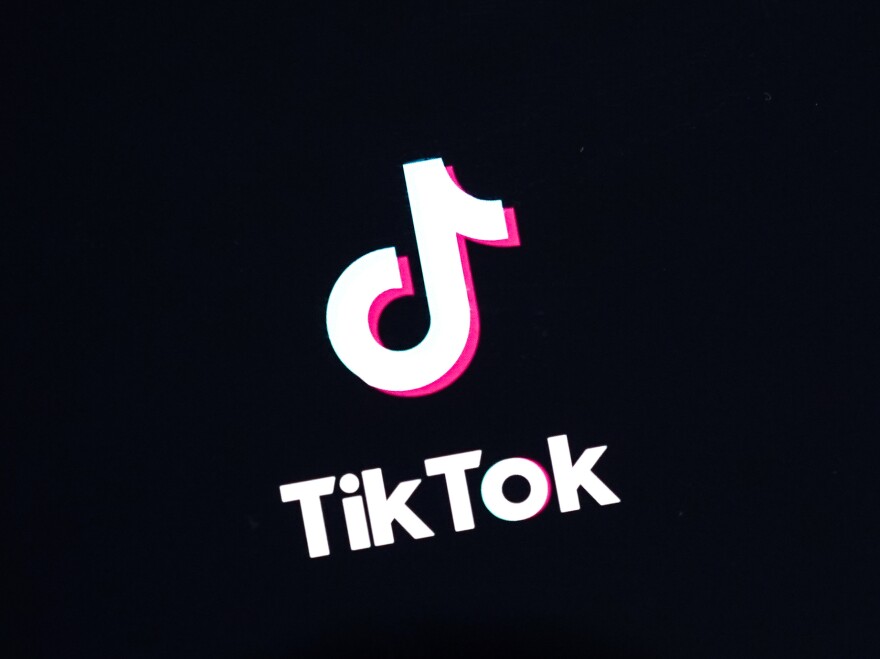Montana has become the first state to approve a bill that would ban TikTok over the possibility that the Chinese government could request Americans' data from the wildly popular video-streaming app.
The GOP-controlled Montana House of Representatives sent the bill on Friday to Republican Gov. Greg Gianforte, who can now sign the measure into law.
The bill makes it illegal to download TikTok in the state, with penalties of up to $10,000 a day for any entity, such as Apple and Google's app stores or TikTok itself, that makes the popular video-streaming app available.
If enacted, the ban in the state would not start until January 2024.
A federal court challenge from TikTok is expected well before then, likely teeing up a legal brawl that supporters of the law in Montana say could eventually wind up in front of the U.S. Supreme Court.
Brooke Oberwetter, a TikTok spokesperson, said the bill's backers have admitted that there is "no feasible plan" for putting the TikTok ban in place, since blocking downloads of apps in any one individual state would be almost impossible to enforce. Oberwetter said the bill represents the censorship of Montanans' voices.
"We will continue to fight for TikTok users and creators in Montana whose livelihoods and First Amendment rights are threatened by this egregious government overreach," Oberwetter said.
Other critics of the bill include the ACLU, which has also called the move a violation of free speech rights that "would set an alarming precedent for excessive government control over how Montanans use the internet."
Yet supporters highlight a 2017 Chinese intelligence law that requires private companies to hand over data about customers to the government if Beijing ever requests such information. This comes despite TikTok's pushback that it would never comply with such a request.
However, the bill states that if TikTok is sold off to a company not in an adversarial nation, the ban would stop taking effect. A law in Congress that leads to TikTok being banned nationwide would also void the measure.
The aggressive crack down on TikTok in Montana arrives as the Biden administration continues to negotiate with the company about its future in the U.S. Last month, White House officials told TikTok to divest from its Beijing-based corporate parent company, ByteDance, or risk facing a nationwide shut down.
Congress, too, has TikTok in its crosshairs. A bill that has gathered bipartisan momentum would give the Department of Commerce the ability to ban apps controlled by "foreign adversaries," a label that could apply to TikTok.
Both in states including Montana and in Washington, D.C., lawmakers view TikTok as a potential national security threat.
Since TikTok is owned by ByteDance, the fear is that the Chinese Communist Party could request access to the 150 million TikTok accounts in America and potentially spy on U.S. citizens, or use the personal data to mount disinformation campaigns on the app.
Though the worries have become louder in recent months, there is no publicly available evidence suggesting that Chinese officials have ever attempted to pry into TikTok's data.
Last month, TikTok Chief Executive Shou Zi Chew faced withering questions from lawmakers in Washington, as he attempted to mollify bipartisan fears about the social media app.
Most lawmakers said Chew's testimony, which was at times evasive on questions about China, was unconvincing and only served to further harden their positions against TikTok.
The Trump administration attempted to put TikTok out of business in the U.S. over the same national security concerns. But federal courts halted the move, citing executive overreach and a lack of evidence to support the case that TikTok poses a security risk.
Copyright 2023 NPR. To see more, visit https://www.npr.org.



